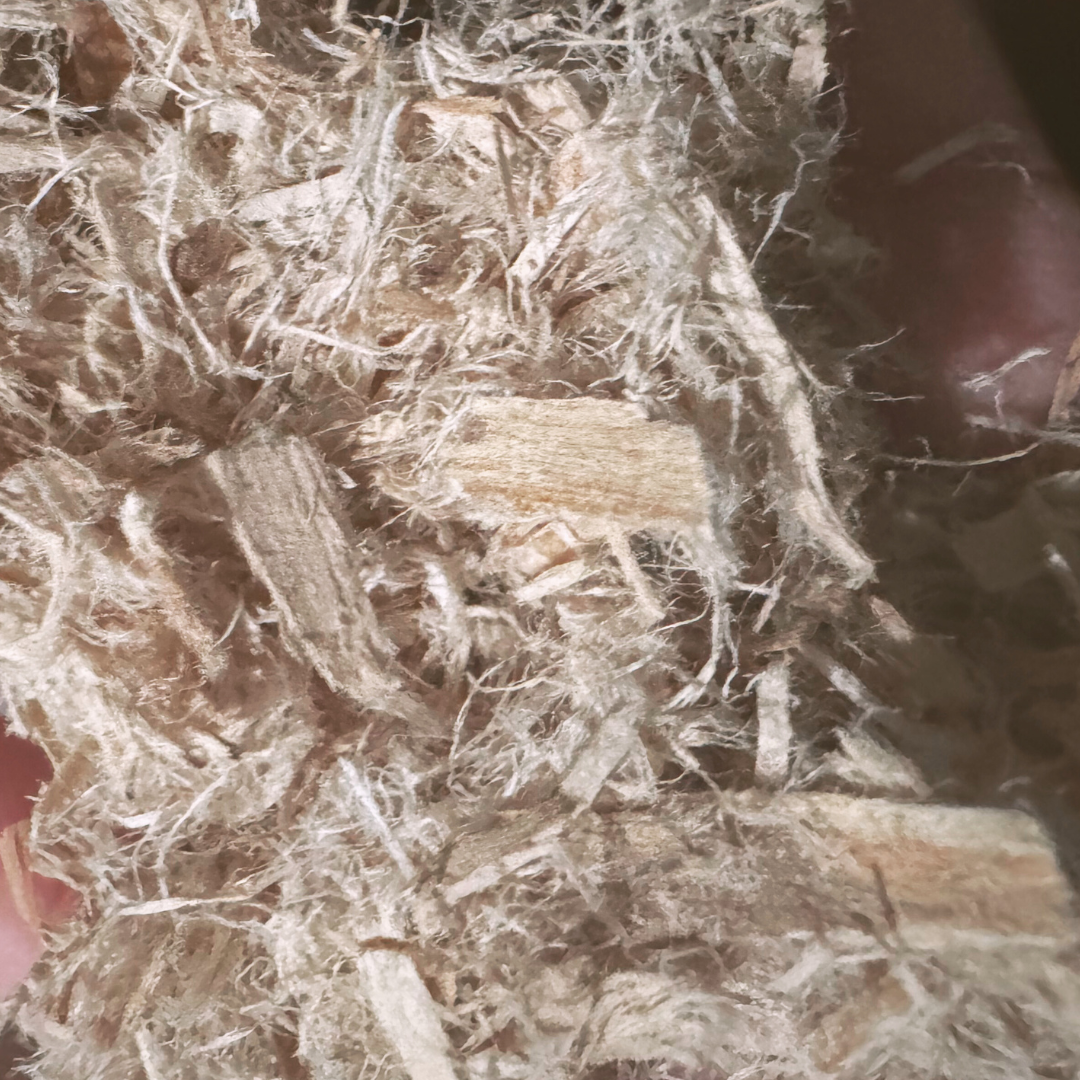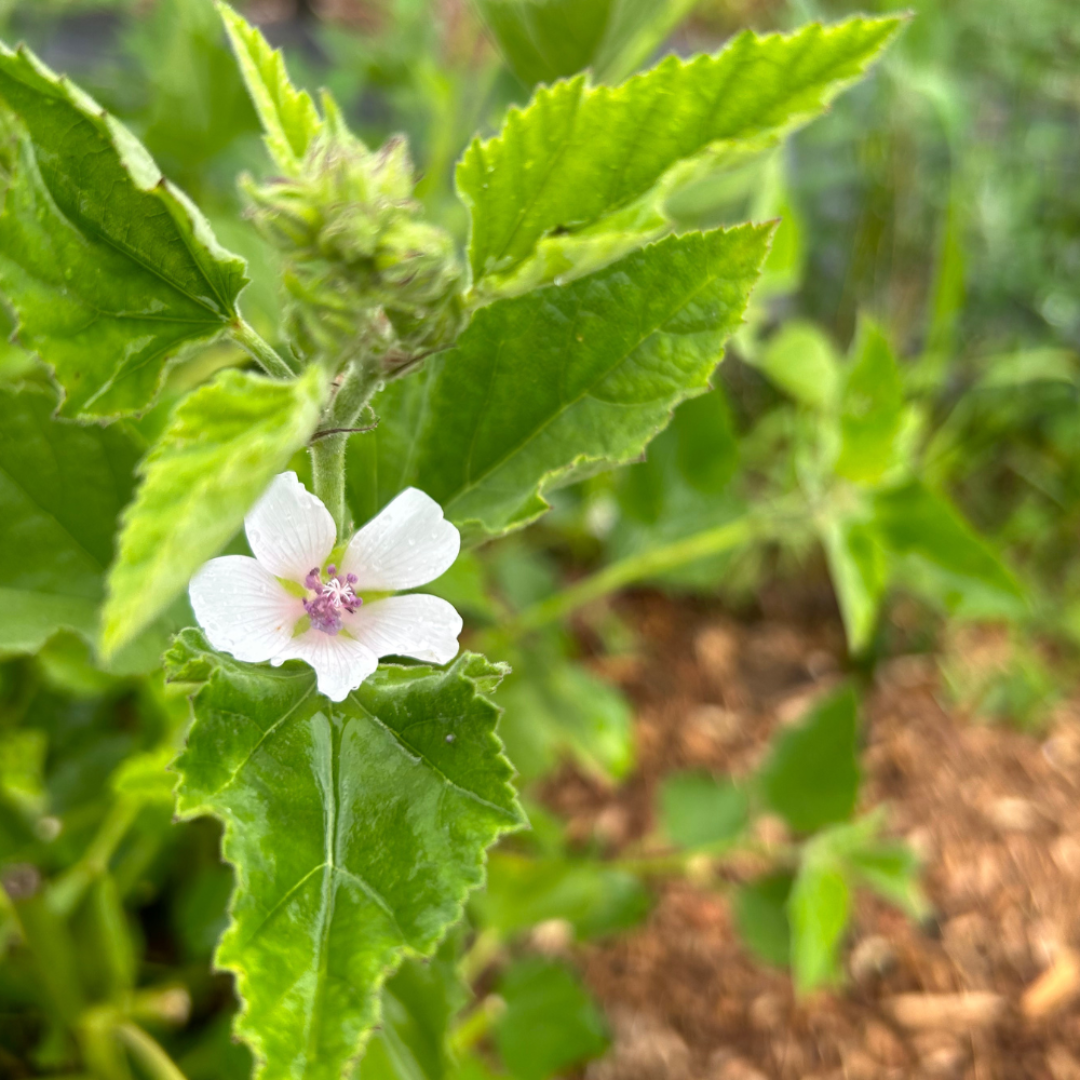
Herbal Remedies For A Sore Throat: Sore Throat Relief
herbal remediesWhen throat pain happens, it can hit hard. Whether you’re dealing with a viral infection, a bacterial infection like strep throat, or just irritated throat symptoms from dry air, it all hurts. The good news? You have plenty of effective ways to soothe your throat, boost your immune system, and support healing, all without immediately reaching for prescription medications. Below, we’ll explore the best home remedies, herbal teas, and gargles that work wonders for sore throat relief.
Before diving into remedies, you’re going to want to know the root cause of your pain. It’s helpful to understand the cause of your sore throat and the type of issue you may be dealing with. Not all sore throats come from the same source, and knowing what’s behind that scratchy, irritated feeling in the back of your throat will help you choose the best herbal remedies for you sore throat.
Common Causes of Sore Throats
-
Viral Infections
Viral infections are the most common cause of sore throat symptoms. These include the common cold, influenza, and upper respiratory infections. A viral sore throat often comes with other symptoms like a runny nose, cough, dry air irritation, and fatigue. Viral infections typically resolve after a few days to a couple of weeks, and natural remedies are super helpful to ease your symptoms and offer relief while you are healing. -
Bacterial Infections
Bacterial infections, such as strep throat, are caused by Streptococcus pyogenes and require antibiotics to prevent complications like rheumatic fever. Signs of bacterial sore throats include swollen lymph nodes, difficulty swallowing, white patches on the tonsils, and fever. If you suspect a bacterial infection, seek medical advice for a proper diagnosis and antibiotics if required. Luckily, even if you do need an antibiotic, you can still use herbal remedies to support fast healing. -
Environmental Factors
Dry air, pollution, or exposure to irritants like cigarette smoke can lead to an irritated throat. Dry indoor air during the winter months often causes sore throat pain and discomfort, especially in the morning. Using a cool-mist humidifier can help alleviate symptoms by keeping nasal passages and the throat moist while you sleep. An additional option is to create herbal inhalations. Boiling water and adding a big dose of mullein and hyssop creates steam that carries herbal properties. Put the inhalation in a big bowl and cover your head and the bowl with a towel. Take deep breaths, breathing in the steam through your mouth and nose. Bring a tissue, it’ll clear your sinuses. -
Allergies
Seasonal allergies to pollen, dust, or pet dander can trigger inflammation in the throat and nasal passages. Post-nasal drip caused by allergies irritates the throat and often results in a persistent sore throat. -
Fungal Infections
Fungal infections like oral thrush can also cause throat pain, especially in individuals with weakened immune systems. These infections require antifungal treatments, so whether you use pharmaceuticals or pursue a natural approach, it should be done quickly.
Types of Sore Throats
Sore throats can be separated based on the specific area of inflammation:
-
Pharyngitis
Pharyngitis refers to inflammation of the pharynx. The pharynx is the are that makes up your nasal cavity, the back of your nasal cavity (nasopharynx), and the top back portion of your mouth (oropharynx). It often comes from viral infections and comes with symptoms like soreness, difficulty swallowing, and a dry cough. -
Tonsillitis
Tonsillitis happens when the tonsils get inflamed due to bacterial or viral infections. Swelling, redness, and white patches on the tonsils are common signs. Strep throat can be a type of bacterial tonsillitis that needs medical treatment. -
Laryngitis
Laryngitis refers to inflammation of the larynx or voice box. It’s often caused by viral infections or overuse of the voice and results in hoarseness, a sore throat, and sometimes “losing your voice” for a while. -
Epiglottitis
Though it’s not very common, epiglottitis can be incredibly painful and cause a lot of issues swallowing. The epiglottis is the flap at the base of the tongue that closes when you swallow to protect the lungs from foods and liquids. It can block adequate airflow for the lungs if it gets too inflamed. If you have epiglottitis, it can turn into a medical emergency very quickly.
Best Herbal Remedies for Sore Throat Relief
Licorice Root (Glycyrrhiza glabra)

Herbal Properties:
- Anti-inflammatory properties: Licorice root reduces swelling and inflammation in the throat, offering quick pain relief.
- Antiviral and antimicrobial effects: Licorice root’s active compounds help fight bacteria and viruses that cause throat infections.
- Immune-boosting effects: Studies show that licorice root may enhance the immune system’s ability to fight off infections.
- Demulcent properties: Like marshmallow root and slippery elm, licorice root contains compounds that soothe and coat the mucous membranes.
How It Helps:
Licorice root provides fast relief from sore throat symptoms by reducing inflammation and coating the throat. It’s a good option for treating strep throat or sore throats caused by viral infections. However, licorice root should be used with caution, as long-term use or high doses may cause side effects like increased blood pressure.
Slippery Elm (Ulmus rubra)

Herbal Properties:
- High mucilage content (Demulcent): Similar to marshmallow root, slippery elm bark contains mucilage, which helps form a protective barrier over the throat, easing irritation.
- Anti-inflammatory and soothing effects: Slippery elm reduces inflammation and provides pain relief, making it particularly helpful for sore throats caused by viral infections or environmental irritants.
- Astringent properties: Slippery elm has mild astringent effects, which help tighten and tone the tissues of the throat, further reducing swelling.
How It Helps:
Slippery elm is one of the best herbs for soothing sore throat pain, especially when inflammation causes difficulty swallowing. Its mucilage content provides long-lasting comfort by keeping the throat moisture balanced.
Marshmallow Root (Althea officinalis)

Herbal Properties:
- Mucilage content (Demulcent): Marshmallow root is rich in mucilage, a gel-like substance that coats the mucous membranes of the throat, reducing irritation and inflammation.
- Anti-inflammatory properties: The mucilage creates a protective layer over the throat, helping to soothe pain and reduce swelling caused by viral or bacterial infections.
How It Helps:
Marshmallow root is ideal for dry, scratchy sore throats and dry coughs. By forming a soothing layer over the irritated tissues, it provides immediate relief from discomfort and promotes faster healing. It has a long history of use in traditional medicine as an herbal remedy for sore throats.
Soothing Herbal Teas for Sore Throat Pain
Warm liquids help reduce throat irritation, improve nasal passages, and keep you hydrated—key elements in fighting upper respiratory infections. Try these herbal teas:
- Peppermint Tea: Contains volatile oils with antibacterial properties and offers a cooling sensation that eases pain. Add a little honey for an extra soothing effect.
- Chamomile Tea: Offers anti-inflammatory and antiseptic properties, helping to calm irritated tissues. Chamomile also promotes relaxation, which helps if your sore throat symptoms are disrupting your rest.
- Green Tea: Known for its antioxidant content, green tea supports the immune system and provides mild antimicrobial properties. Adding lemon juice or a teaspoon of honey gives it an extra kick.
Gargles for Quick Relief
Gargling helps flush out bacteria, reduce swelling, and directly ease sore throat pain. Here are a few effective gargles to try:
Warm Salt Water Gargle
This classic remedy tops the list for good reason. A teaspoon of sea salt dissolved in a cup of warm water creates a solution that helps reduce inflammation, clear nasal passages, and relieve throat infections.
Apple Cider Vinegar Gargle
Apple cider vinegar has antibacterial and antiseptic properties, making it a good option for tackling throat infections. Mix 1 tablespoon of apple cider vinegar with a teaspoon of sea salt in a cup of hot water. Stir until the salt dissolves. Gargle 3-4 times a day.
Fenugreek Gargle
Fenugreek, a staple in traditional Chinese medicine, contains anti-inflammatory and antimicrobial properties. It not only soothes sore throat pain but also helps reduce swollen glands. Simmer 1 tablespoon of fenugreek seeds in 2 cups of water for 15 minutes, strain, and let it cool before gargling.
Herbal Lozenges
Horehound Lozenges
Horehound, with its active ingredients and astringent properties, provides sore throat relief by clearing mucus and reducing throat irritation. Horehound lozenges are an easy way to keep sore throat symptoms at bay throughout the day.
Slippery Elm Lozenges
Slippery elm lozenges are a favorite for sore throat relief thanks to their mucilage content, which coats the throat and provides instant soothing. This is a good option for dry coughs or difficulty swallowing caused by an irritated throat.
More Herbal Helpers
Echinacea
Echinacea boosts the immune system and is packed with antiviral and antimicrobial properties. Many herbal remedies include echinacea in teas, tinctures, or lozenges for sore throat relief. While it’s a good idea for short-term use, you don’t want to use it consistently for more than a few months.
Cayenne Pepper & Honey
Mix a small pinch of cayenne pepper with warm water and a little honey. The capsaicin in cayenne pepper offers anti-inflammatory effects, while honey soothes irritated tissues and provides mild antibacterial properties. This combination offers quick pain relief and an easy way to fight throat infections.
Other Effective Ways to Soothe a Sore Throat
Warm Broths: Warm broths provide hydration, keep you feeling comforted, and help clear upper respiratory tract infections by loosening mucus.
Cool-Mist Humidifiers: Combat dry air in your home by running a cool-mist humidifier, which keeps your nasal passages and throat moist, reducing irritation.
Essential Oils: Peppermint oil or eucalyptus oil in a diffuser can help clear nasal passages and promote easier breathing. However, some people can not tolerate essential oils and end up having an increase in symptoms when they are diffused. If you are sensitive to them, try adding a few drops to a lotion and rub it onto your chest for relief. If you still have issues with essential oils, omit them entirely.
Vitamin C-Rich Foods: Boost your immune system by including foods rich in vitamin C, like citrus fruits or green leafy vegetables. Food is the best medicine and healing vitamins and minerals are the most bioavailable in this form.
While these natural remedies can provide sore throat relief, some situations call for professional help. If you have sore throat symptoms that get worse or is not improving, or you have difficulty swallowing, swollen lymph nodes, or suspect strep throat, you should talk to your healthcare team.
Also, if you have underlying conditions, are taking prescription medications, or notice worsening symptoms, don’t hesitate to seek medical advice. Combining traditional medicine with herbal remedies often gives the best results for throat infections and upper respiratory conditions.
Don't miss a thing!
New herbal education and recipes delivered to your inbox.
We hate SPAM. We will never sell your information, for any reason.
Recent Posts
